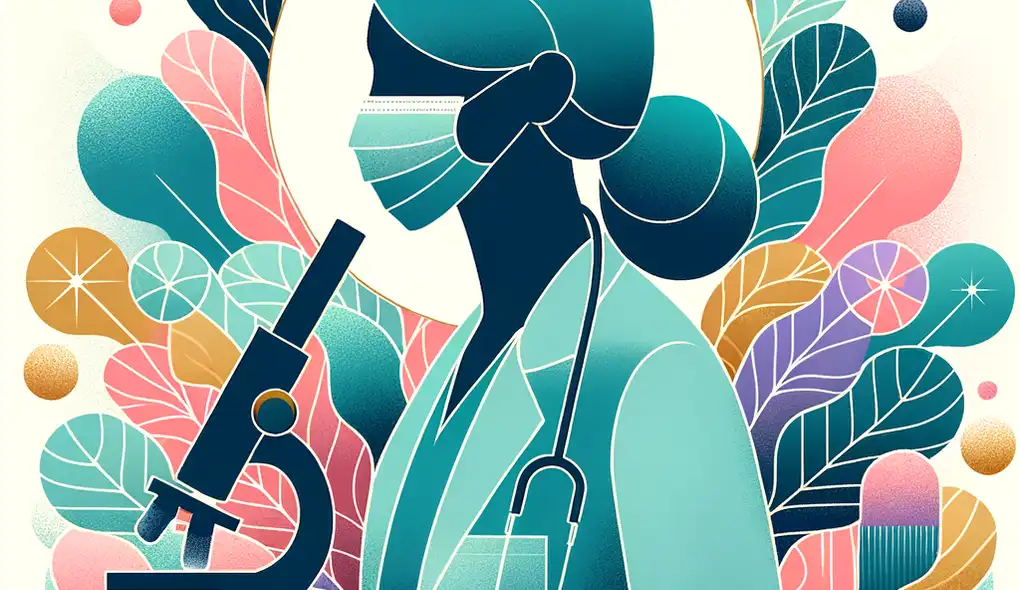In what situations would you consult with senior technologists or supervisors?
Clinical Laboratory Technologist Interview Questions
Sample answer to the question
I would consult with senior technologists or supervisors in situations where I encounter complex or unusual cases that require additional expertise. For example, if I come across abnormal test results that I am unsure how to interpret, I would seek guidance from senior technologists who have more experience. I would also consult with supervisors when there are discrepancies or inconsistencies in the laboratory procedures or results. Additionally, if I encounter any challenges or obstacles in performing certain tests or using specific laboratory equipment, I would reach out to senior technologists or supervisors for assistance and advice.
A more solid answer
As a Clinical Laboratory Technologist, I would consult with senior technologists or supervisors in several situations. Firstly, if I come across complex or unusual cases that require additional expertise, such as abnormal test results that I am unsure how to interpret, I would seek guidance from senior technologists who have more experience. This demonstrates my strong analytical and problem-solving skills, as well as my ability to prioritize patient care. Secondly, I would consult with supervisors when there are discrepancies or inconsistencies in the laboratory procedures or results. This highlights my attention to detail and commitment to maintaining accuracy in my work. Additionally, if I encounter challenges in performing certain tests or using specific laboratory equipment, I would reach out to senior technologists or supervisors for assistance and advice. Effective communication is key in these situations, as I would need to clearly articulate the issues and ask for guidance. Overall, consulting with senior technologists or supervisors allows me to tap into their knowledge and experience, ensuring that I deliver high-quality and accurate results.
Why this is a more solid answer:
The solid answer provides more specific examples of the situations in which the candidate would consult with senior technologists or supervisors. It highlights the candidate's analytical and problem-solving skills, attention to detail, and ability to follow instructions. However, it can be improved by including the importance of effective communication skills in these consultations. Additionally, the answer could further emphasize the candidate's understanding of basic laboratory equipment and procedures.
An exceptional answer
Consulting with senior technologists or supervisors is crucial for ensuring the highest quality of patient care and accurate test results. In my role as a Clinical Laboratory Technologist, I would proactively seek their input and guidance in various situations. For instance, when faced with complex or rare cases that require specialized knowledge, I would collaborate with senior technologists to analyze the abnormal test results and determine the best course of action. This demonstrates my strong analytical and problem-solving skills, as well as my commitment to delivering accurate diagnoses. Additionally, I would consult with supervisors to address any discrepancies or inconsistencies in the laboratory procedures or results. This showcases my attention to detail and commitment to maintaining the integrity of the testing process. Moreover, effective communication is paramount in these consultations. I would actively communicate any challenges or obstacles I encounter in performing tests or using equipment, ensuring that the senior technologists and supervisors are aware of any potential issues and can provide guidance or solutions. By leveraging the expertise of senior technologists and supervisors, I can enhance my own skills and continue to provide excellent patient care.
Why this is an exceptional answer:
The exceptional answer expands upon the solid answer by emphasizing the importance of consulting with senior technologists or supervisors for ensuring the highest quality of patient care and accurate test results. It highlights the candidate's proactive approach, strong analytical and problem-solving skills, attention to detail, and effective communication. The answer also showcases the candidate's commitment to continuous improvement and further professional development. The inclusion of specific examples and the overall comprehensive explanation make this a standout answer.
How to prepare for this question
- Familiarize yourself with complex or rare cases that may arise in the clinical laboratory setting. Research different approaches and treatment options for such cases.
- Review the laboratory procedures and results for common discrepancies or inconsistencies. Familiarize yourself with troubleshooting techniques for resolving these issues.
- Practice effective communication skills, both verbal and written. Be prepared to articulate any challenges or obstacles you may encounter in performing tests or using equipment.
- Stay updated on the latest advancements in laboratory technology and equipment. This will demonstrate your commitment to staying current in the field.
- Develop strong relationships with senior technologists and supervisors. This will create a supportive network for seeking guidance and advice when needed.
What interviewers are evaluating
- Analytical and problem-solving skills
- Effective communication skills
- Ability to follow detailed instructions
- Understanding of basic laboratory equipment and procedures
Related Interview Questions
More questions for Clinical Laboratory Technologist interviews